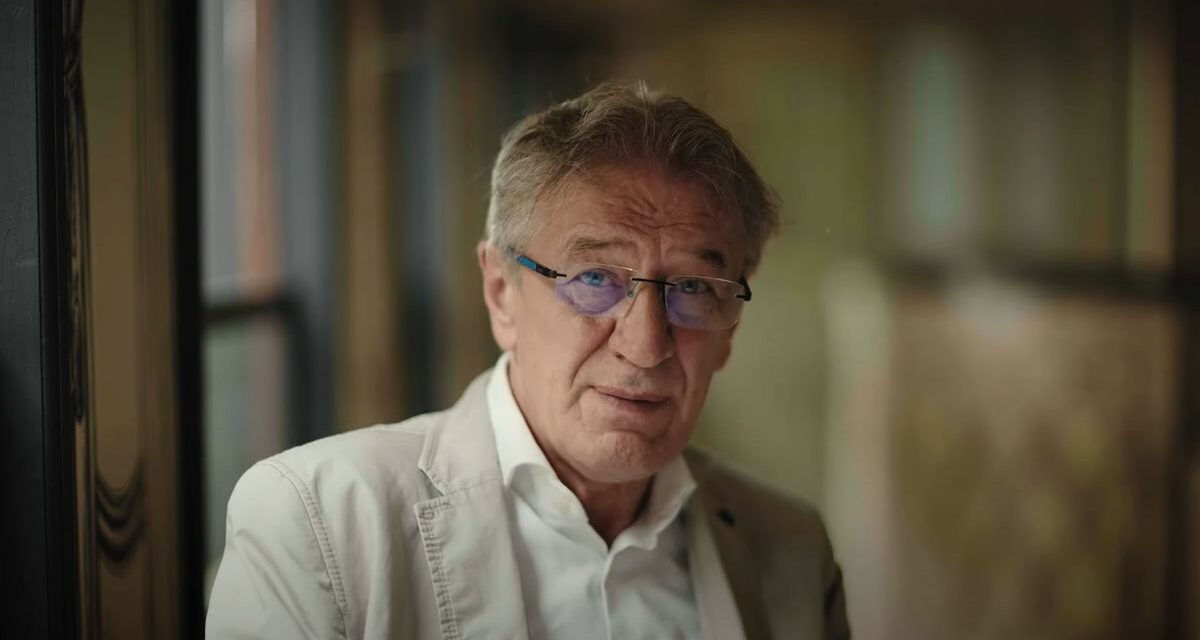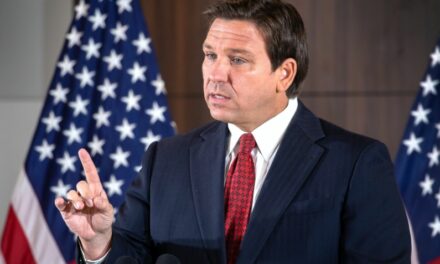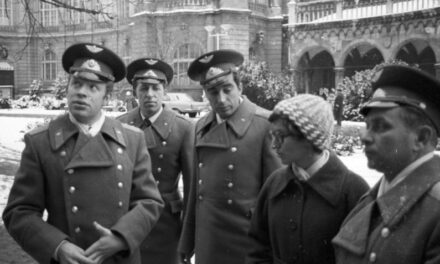The 1920 - What if? The narrator of the film is Zoltán Mucsi, the film represents a new level in both its approach and visuals: this is how it is worth talking about the greatest tragedy of Hungarians.
We watched it and loved it!
I never thought that I would write an article about a documentary film about Trianon with such enthusiasm, yet this is the case. The lean facts: In 2021, a film titled 1920 - The New Central Europe opus, which is broadcast on M5 on Wednesday evenings.
The two parts are three hours in total, but
everyone calm down because every minute is worth it.
The work is presented by the Hungarikumokka a világ sök team: for their Trianon film, they won the support of our cult actor Zoltán Mucsi as narrator, who makes the "action" even more unforgettable with his characteristic organ and well-timed facial expressions. The main sponsor of the film was Szerencsejáték Zrt.
Both episodes focus on Trianon, but there is one fundamental difference. The 2021 film presents the road leading to Trianon, its circumstances, and its effects that can be felt to this day using more traditional historical methods, but in an extremely entertaining, plastic way that can also be consumed by young people, while the 2023 work uses a new historical approach, with counterfactual, alternative history writing gives a new dimension to life-changing moments.
The creators emphasize: alternative history writing, i.e. "what if" is not only the bane of pseudo-historians and fiction writers, but the most famous researchers are also dealing with the topic.
"It can help to process the Trianon trauma if we consider historical alternatives.
Could Trianon have been avoided, or was this the inevitable fate of the country? Would the Austro-Hungarian Monarchy have definitely disintegrated? Could the Hungary before the Trianon borders have survived, living together with its nationalities?"
The method promises many advantages: if we know what roads were before Hungary, what opportunities the country's leaders used or did not use, then we will see reality from a new perspective.
A modern, sparkling film about Trianon
The end result? We received a modern, innovative documentary film in its visual appearance, which
he simultaneously operates with the tools of humor, drama and professional deep drilling
– combining these with an excellent sense of proportion.
We are talking about impressive pluses: fantastic contemporary footage, photos, a multitude of humorous graphic solutions,
About Mucsi's voice and gestures, well-chosen musical undertones, balanced, to-the-point statements of first-rate historians, all of which are combined in such a way that we don't have time to be bored for a moment - all the more to cry and laugh.
Let's highlight: it was important for the creators to be able to talk about Trianon from a Central European, broader perspective, so in addition to renowned domestic specialists - we can even mention Krisztián Ungváry - experts from neighboring countries were also consulted, with the exception of Romanian historians, who did not even respond to the on inquiry: the latter reveals a lot about the sensitivity of the topic, and let's add, perhaps about something else as well.
Both parts of the film focus on the subject from all aspects, including the emotional spectrum: new and new details reveal our collective unconscious, the deep-seated tragedy that is common to us regardless of political and all other differences.
This is where we came from, all Hungarians, so let's build bridges instead of digging ditches - that's what the film tells me in bright, huge letters.
The work is painful and touching, compelling to experience, yet not pathetic, far away from breast-patting romance, but at the same time one-sided victim-blaming, also known as self-hatred: the balance of emotions, intellect, and professionalism is realized between the images.
It comes across perfectly
Trianon is a psychological reality: somewhere, this is exactly what we expect from a documentary film, so that we can get out of the circle of hatred, the circle of pointing at others, and experience what is ours in it
- if it's good or bad, you can only heal by facing it. Just as only knowledge of the past can save us from new Trianons. Here is an opportunity to redefine our Hungarianness with the help of a fresh perspective, which the film provides. So that we don't hate our past, let frustration rule over us for another hundred years.
The two-part Trianon film, directed by Gábor Greksa and Meruk Marcell, with a screenplay by Dániel Kurucz and Kristóf Noll-Batek, shows the mistakes, opens a wound, but
he begins to heal with his humor, his well-thought-out calmness, with the light rising parallel to the horror, fueled by patriotism in the original sense.
And this is good.
"Let's not accuse anyone of the past, the accusation is useless anyway"
The second part of the film about the Trianon will be shown on the M5 program on July 26, 2023, that is, tonight at 8 p.m. "Our documentary mainly examines the period between August 8, 1918 and October 20, 1921, based on a novel methodology, with the involvement of Hungarian and foreign historians and experts who speak similarly to our previous film - "1920 - The New Central Europe" - they say. the creators.
The second part does not cover up the serious problems either: it openly talks about the black spots of the nationality question, the overpowering of the aristocracy, the corruption that pervades politics, while also not forgetting that with the Trianon Dictator they massacred a country that had neither less nor more sins , like the others. As one expert puts it: throughout history, few nations have been so humiliated.
The message is clear from Mucsi's mouth: "Let's not accuse anyone of the past, the accusation is useless anyway."
Higher aspects appear than who was right, because obviously no one: history is not about truth,
we learned.
What would have happened if Károlyi had not formed a government?
What would have happened if the Central Powers had won the First World War? (Wouldn't there have been Hitler and Stalin?) What would have happened if we jumped out? What would have happened if István Tisza had stayed alive? Could Mihály Károlyi have protected Hungary if they had drawn the right conclusions about a hunt on the train home with Oszkar Jászi? What would have happened if Károlyi had not formed a government? What would have happened if there was no Soviet Republic?
What would have happened if we signed the peace decree, but then started fighting like the Turks?
What would have happened if the winners had followed the promised Wilsonian principles? What would have happened if Horthy handed over power to IV. To Charles?
We won't reveal the answers, just watch the movie. The first part here , the second part will also be available on YouTube soon. By watching the two together, we get enough depth, not just a cross-section: the animated documentary as a whole makes one of the most complicated eras of Hungarian history visible and comprehensible.
Featured Image: Snapshot from What If? from the movie













